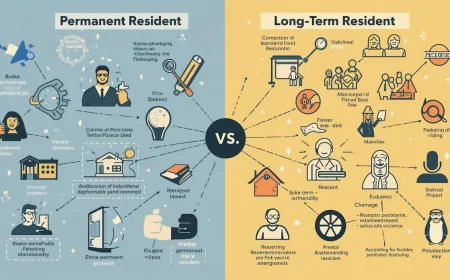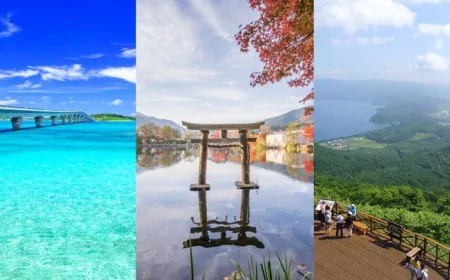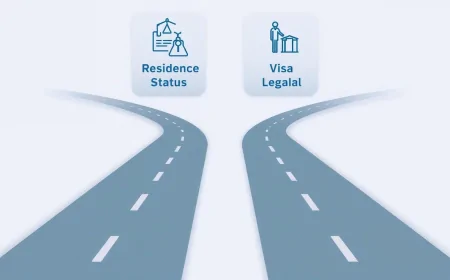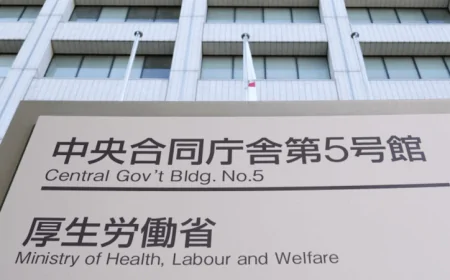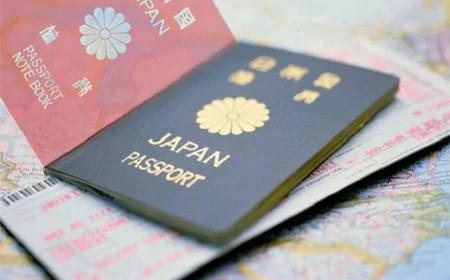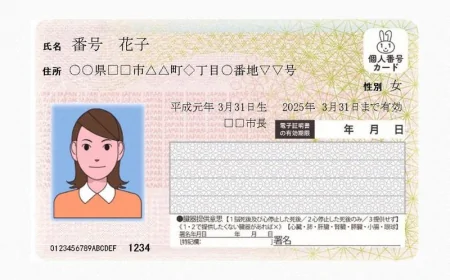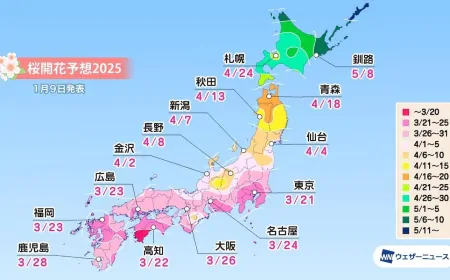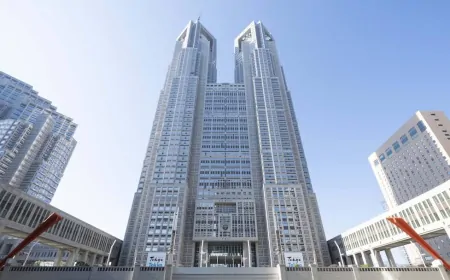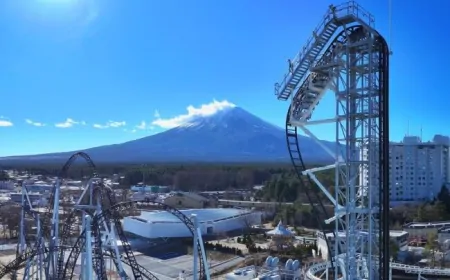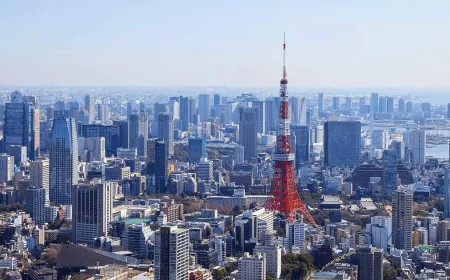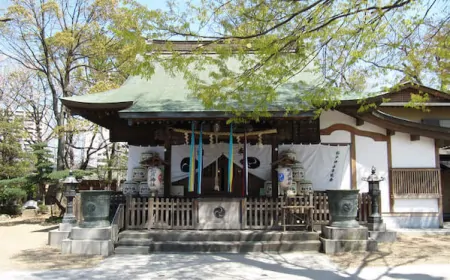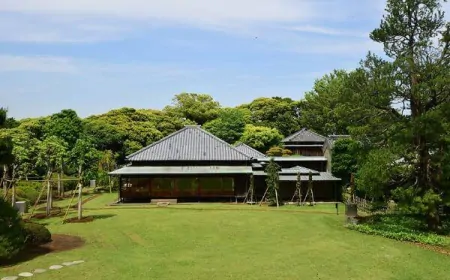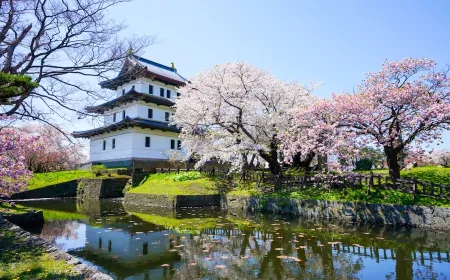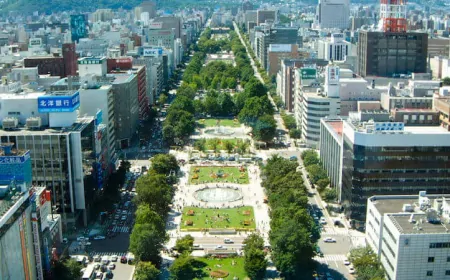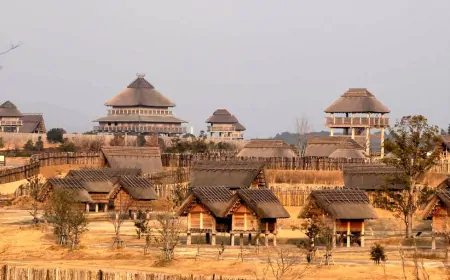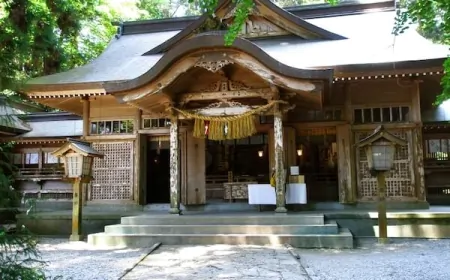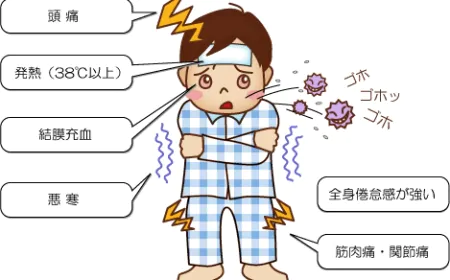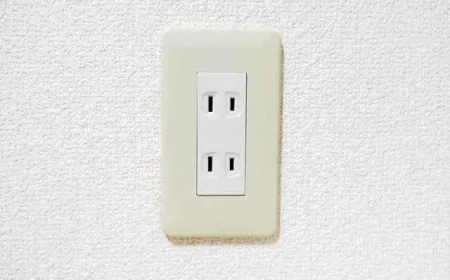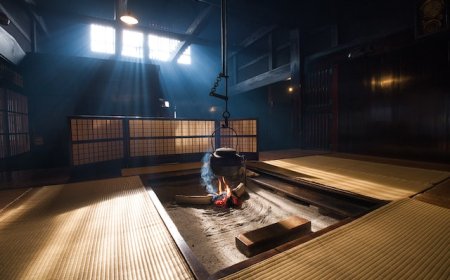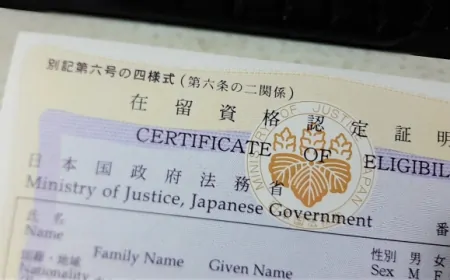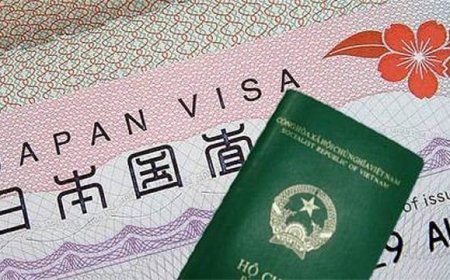What is the difference between a permanent resident and a long-term resident?
Do you know the difference between permanent resident and long-term resident? Both are residence statuses that allow you to stay in Japan for a long time, but there are big differences in the rights and conditions. We explain the key points and things to be aware of when applying!
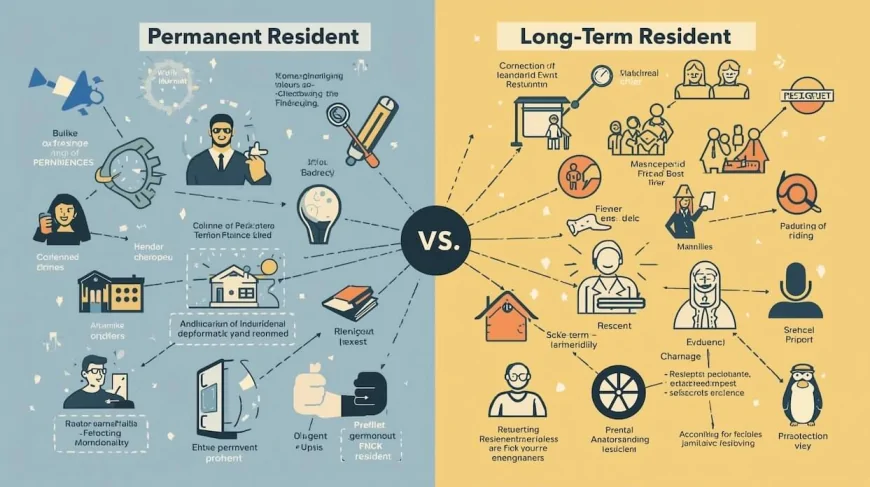
Among foreigners who have lived in Japan for a long time, there are those who hold residence statuses called "permanent residents - 永住者" and "long-term residents - 定住者" Both statuses allow long-term stay, but there are significant differences in the conditions for obtaining them and the rights they entitle them to.
This article clearly explains the difference between permanent and long-term residents, explains who is eligible to apply, and provides detailed information on important points to keep in mind.
1.What is a permanent resident?
A permanent resident is someone who has been granted permanent residence in Japan.
With this status, there are almost no renewal procedures required, and they can live and work in almost the same way as Japanese people.
Characteristics of Permanent Resident Status
- No limit on period of stay (i.e., lifelong residence in Japan)
- Can work in any profession
- Freedom to change jobs, start a business, and relocate
- High social credibility (favorable for mortgage applications, etc.)
Main Requirements for Permanent Resident Status
- Residing in Japan for 10 or more consecutive years (at least 5 of which must be employed or as the spouse of a Japanese national)
- Good conduct (living in accordance with the law)
- Economic means to live independently
- Durately fulfilling tax and pension obligations
In other words, permanent residents are those who are "living a stable life as a member of Japanese society."
2. What is a Long-Term Resident?
Long-Term Resident status is granted when the Minister of Justice recognizes "special circumstances." While there are time limits, this status allows for long-term residence in Japan.
Characteristics of Long-Term Residents
- Period of stay (usually 1-5 years, renewable)
- No employment restrictions (any type of work is possible)
- Family members may be allowed to accompany their families
- Permanent residency applications are also possible depending on the circumstances
Examples of cases where long-term residents can be granted (long-term residents)
- Foreigners who are divorced or widowed by a Japanese spouse and continue to live in Japan
- Third-generation Japanese (foreigners with Japanese roots)
- Recognized refugees or those granted permission to stay for humanitarian reasons
- Foreigners raising children of Japanese nationals
Long-term residents are people who are granted permission to continue living in Japan due to special circumstances.
3. Which should you aim for?
If you want to work in Japan long-term and live a stable life with your family, we recommend aiming for permanent resident status.
On the other hand, those who are staying in Japan for special reasons (divorce, refugee status, Japanese ancestry, etc.) often first continue their life as long-term resident and then apply for permanent residency.
- Points to note
Applying for permanent residency takes time (six months to a year or more).
Unpaid taxes and pension payments are a disadvantage.
Long-term stays overseas (generally more than a year) may result in the loss of status. - Long-term resident status applicants should be careful not to forget to renew their visa!
The key is to demonstrate a stable life and credibility.
This is the key to obtaining permanent residency.
4. Injavi's advice
If you want to live in Japan long-term, it's important to thoroughly understand your residence status and act in a planned manner.
Injavi provides easy-to-understand information on visas, residence status, and employment rules to help foreigners live safely and securely in Japan.
- Understanding the differences between permanent and long-term resident status will help clarify your future in Japan.
- Permanent resident status allows you to live in Japan forever. Long-term resident status allows you to stay in Japan for a long period of time due to special circumstances.
- Both are important steps to stabilizing your life in Japan.
Understanding the residence status that best suits your situation will help you live a safer and more comfortable life in Japan.
Related Products











